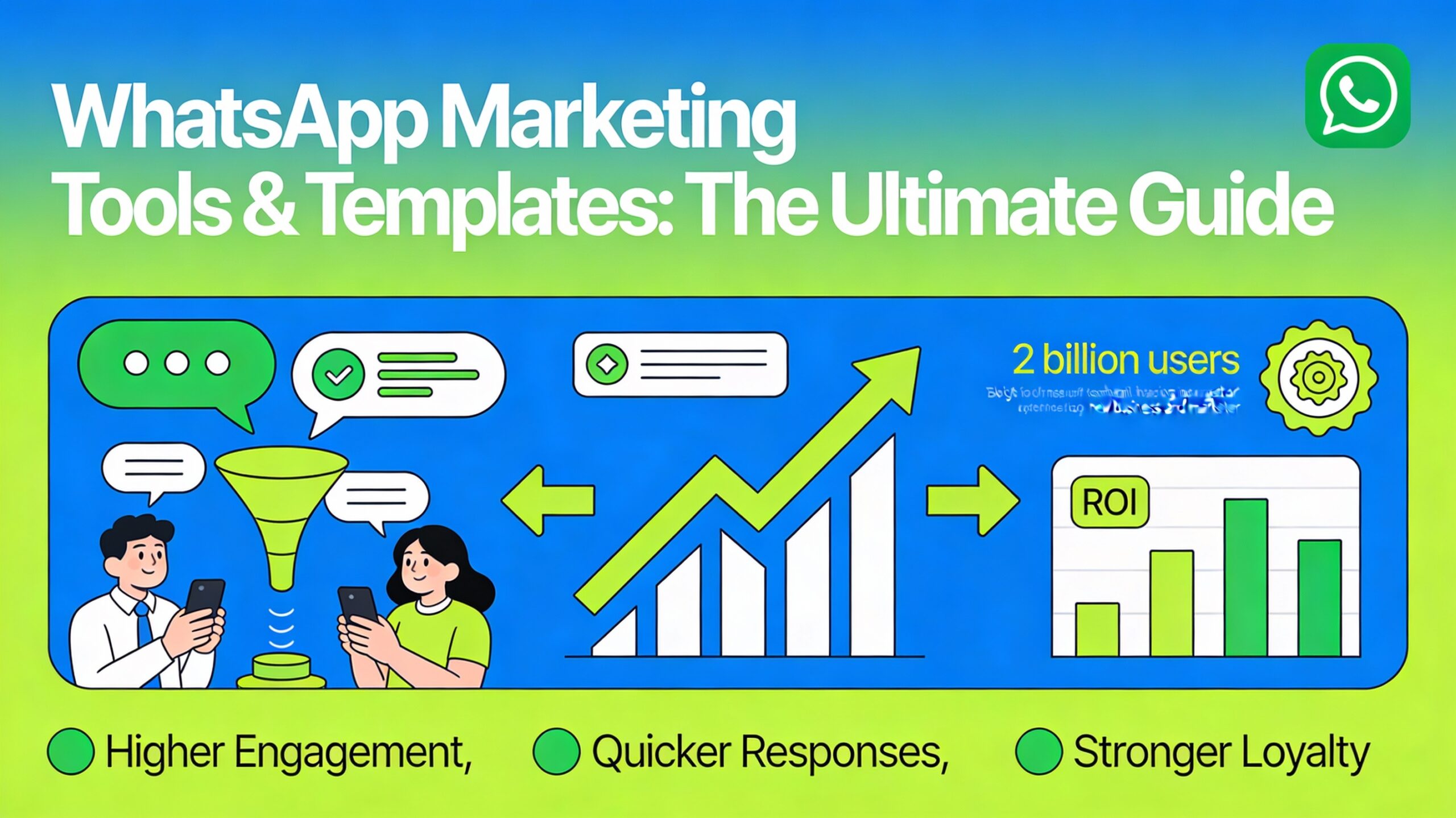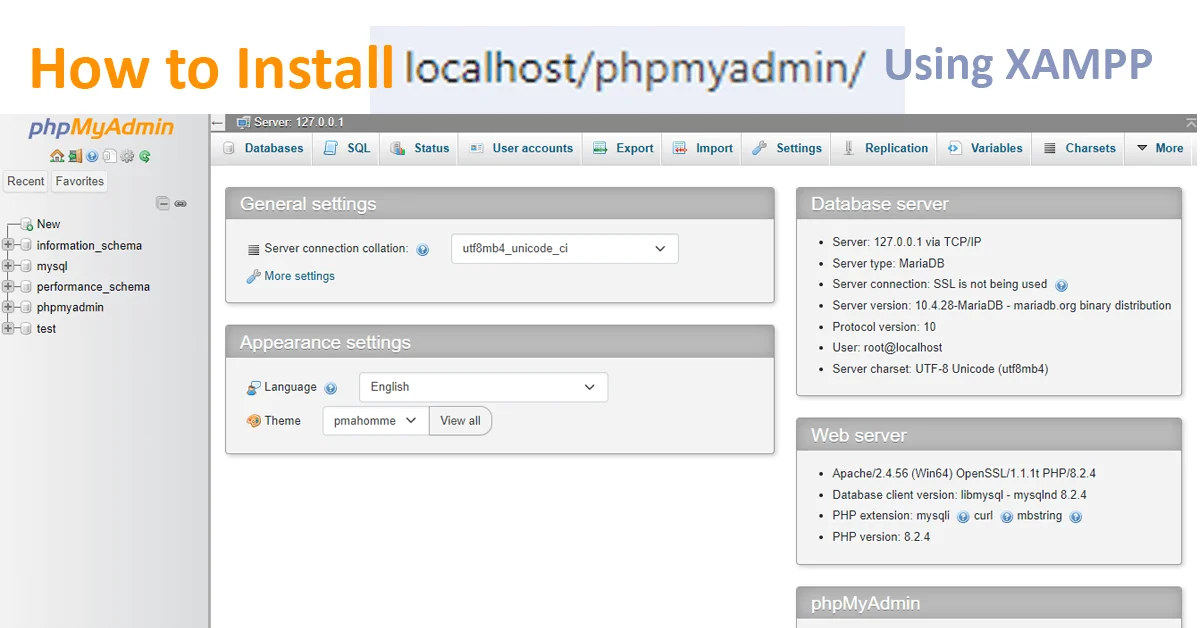As in 2024, starting a business is easier than ever because of the Internet. Imagine having your store, but instead of being in a physical place, it’s all online.
That’s what e-commerce is about. It’s like having a virtual shop open 24/7 and accessible to anyone with an internet connection.
But like any business venture, there are both advantages and disadvantages to selling on e-commerce platforms.
We’ll explore the pros and cons of e-commerce for small and new businesses. Whether you’re just starting your own business or already have one and want to sell online, understanding the ins and outs of e-commerce can be the key to success in today’s competitive market.
Table of Contents
What is E-Commerce?
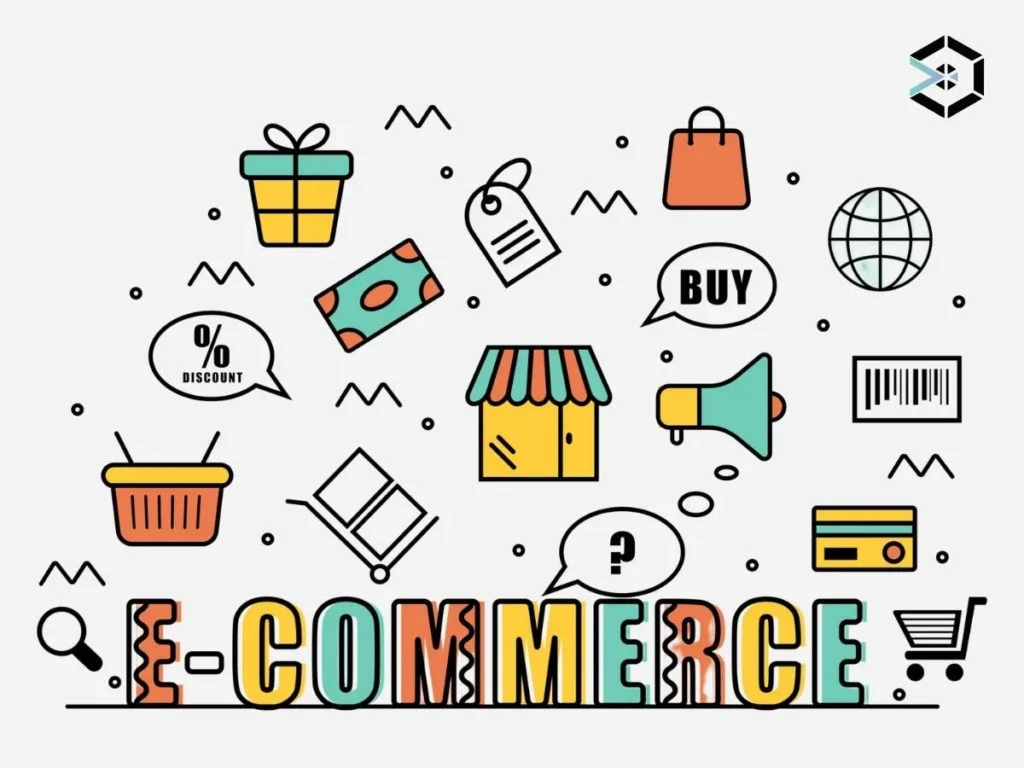
E-commerce stands for electronic commerce. It is basically buying and selling stuff online. Instead of going to a physical store, you can shop for things right from your computer or phone.
And if you’re a seller, you can set up your online shop to sell products or services to customers all over the world. It’s like having a store that never closes and can reach people everywhere, no matter where you are.
E-commerce businesses can range from small stores run by individuals to big companies like Amazon or eBay. Small business owner uses websites or platforms like Shopify or Etsy to showcase their products and make sales.
According to sources, the Indian e-commerce market will grow to $325 billion by 2030. Overall, e-commerce has revolutionized the way we shop and do business, making it easier and more convenient for everyone involved.
How Easy or Difficult it is to Sell on E-Commerce
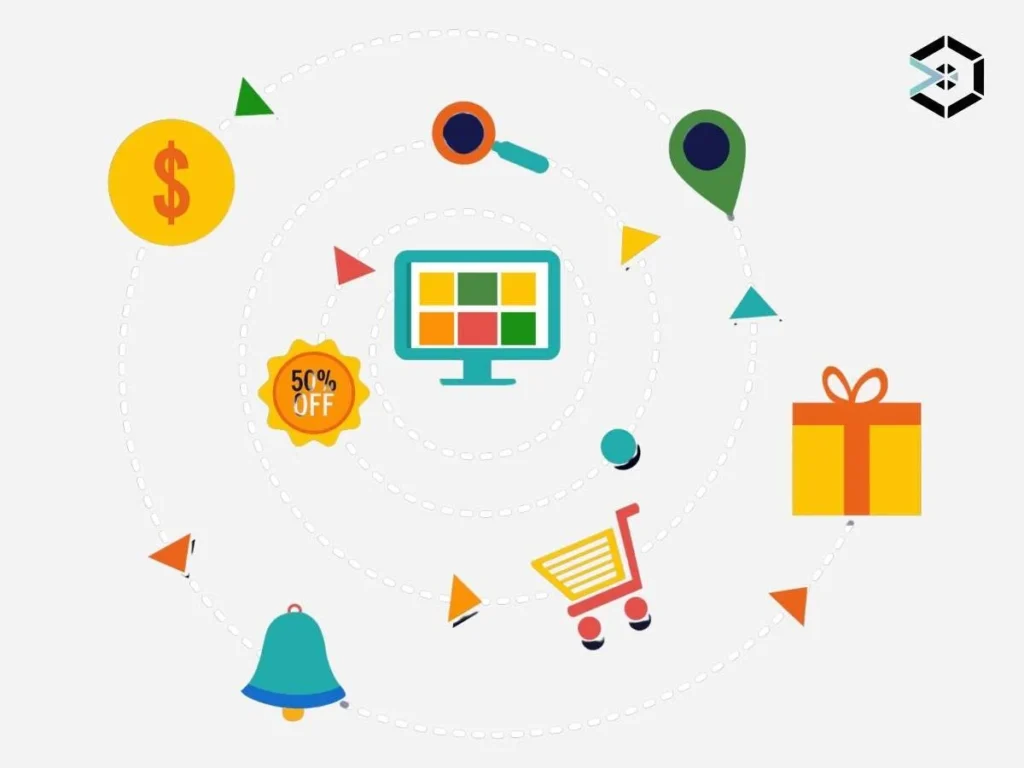
Selling on e-commerce websites is quite simple, even if you’re new to the game. Most platforms are designed to be user-friendly. You don’t need to be a tech expert to get started. These platforms often provide templates and tools that make it easy to make your store look nice, and it only takes a few clicks to get started.
Unlike regular stores, you don’t have to worry about finding a place to rent or pay for utilities. Your store is open 24/7, so customers can shop whenever they want. This makes it easy for anyone to start selling online and sell to people all around the world.
Now, it seems like almost every small or new business is thinking about selling online at some point. Lots of companies started selling online more after COVID-19. Some did well, while others exited the game. There are tons of Advantages and Disadvantages involved in Online Selling that must be considered.
Advantages of E-Commerce Selling
Well, the advantages of e-commerce selling are undeniable. It is an excellent opportunity for people who want to start their businesses. It offers lots of benefits and makes it an attractive option for entrepreneurs everywhere.
- Global Reach: With e-commerce, your business isn’t limited by location. You can sell to people all over the world, which means more customers and more sales.
- 24/7 Accessibility: Unlike regular stores, which have opening and closing times, online shops are open 24/7. That means people can buy from you anytime, day or night, catering to customers in different time zones.
- Low Overhead Costs: Setting up an online store costs less than renting a physical space. You don’t have to worry about things like rent or utilities, so you can spend more on making your products awesome.
- Scalability: E-commerce businesses can quickly scale up operations to accommodate growing demand without significant investment. Whether you’re selling a few items or a bunch, online platforms can handle it without needing substantial changes.
- Targeted Marketing: Digital marketing tools enable businesses to target specific demographics, increasing the effectiveness of advertising campaigns. There are tons of tools to track how people use the Internet, so you can target your advertising to the people most likely to buy from you. This makes your marketing efforts more effective.
While e-commerce offers numerous benefits for entrepreneurs, it’s important to acknowledge that there are also some disadvantages that are usually ignored.
Disadvantages of E-Commerce Selling
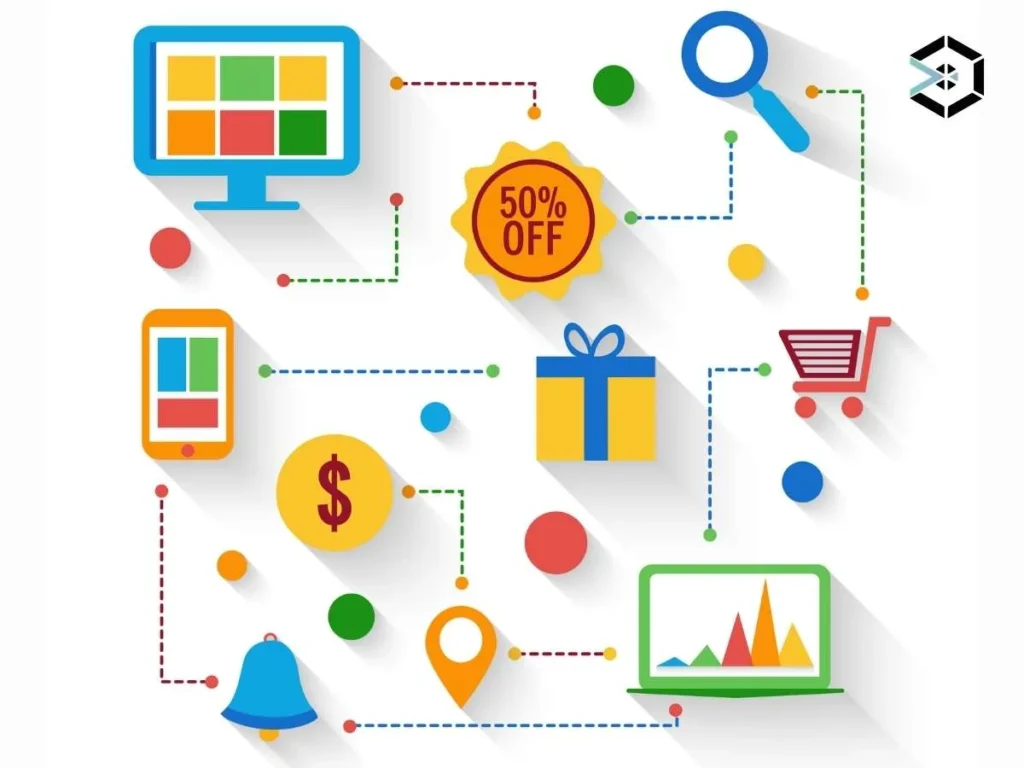
While e-commerce presents exciting opportunities, it’s essential to recognize the disadvantages to selling online. Let’s explore some of the challenges that e-commerce sellers may encounter:
- Intense Competition: The online marketplace is crowded, making it challenging for new businesses or small businesses to stand out among competitors. It can take a lot of work to get noticed, especially if you’re new.
- Dependence on Technology: Technical issues, such as website crashes, payment gateway failures, or hackers, might try to mess things up. This can disrupt sales and damage customer trust.
- Shipping Complexities: Fulfilling orders and managing shipping logistics can be time-consuming and costly, especially for international deliveries. Delays, damaged packages, and high costs are common problems.
- Lack of Personal Interaction: Unlike physical stores, where customers can interact with products and staff, e-commerce needs a more personal touch. Building trust and rapport with customers can be more challenging in a digital environment.
- Security Concerns: Online transactions involve sharing sensitive information, which can be risky. There’s always a chance of cyberattacks or data breaches, so you need to be extra careful.
It comes with a fair share of challenges but it’s important to remember that none of these issues are impossible to tackle. With better planning and execution, businesses can overcome these issues.
Choose the Right Online Sales Channel
As a business owner, you have to choose how and where to sell online. With your resources in mind, you can choose to sell online via the following options:
1. Build Your Own E-Commerce Store
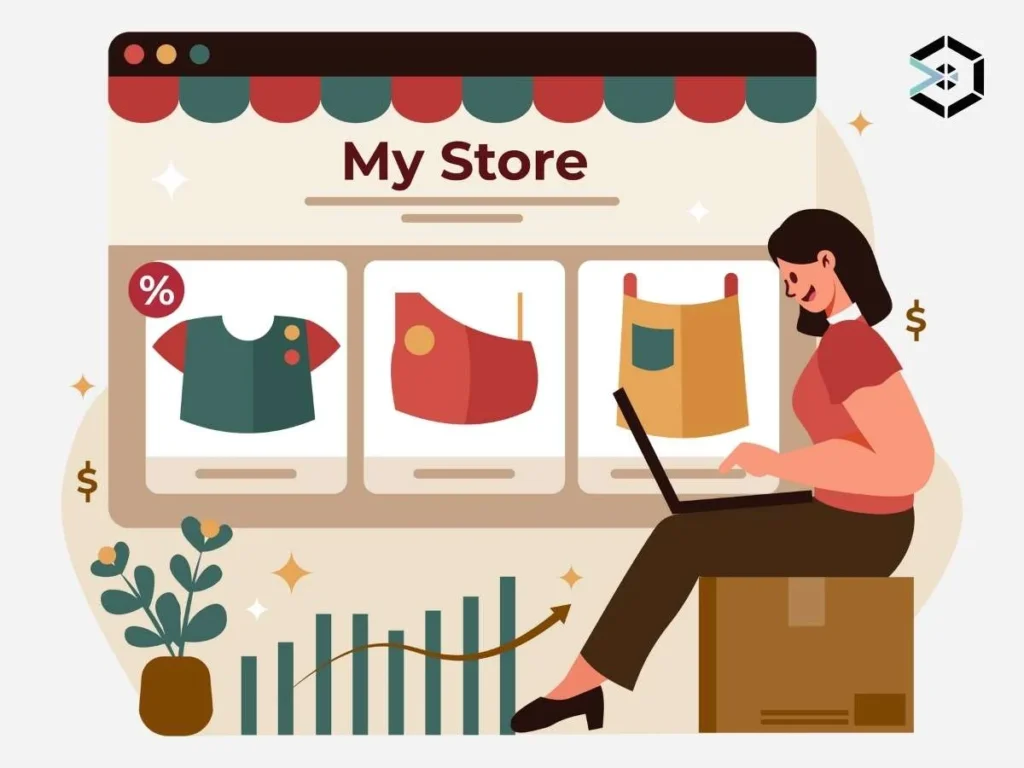
Building your own e-commerce store gives the most control and flexibility over your store and its shopping experience. With basic knowledge of making a website, you can use WordPress or other website builders like Shopify to build your own store.
Advantages of Building Your Own Online Store
- Control and Flexibility
With your own store, you can customize it as per your products and create a shopping experience that best suits your customers. You can even add promotions, product recommendations and more. - Build A Brand
You can create a unique brand identify by implementing design elements like logo, brand colors, and more. Also, through your own store, you can tell your customers about your story and build trust with your brand. - Customer Data
You can gather valuable customer data like their contact information, demographics, purchase history and also take feedback directly from them to understand their needs better.
Disadvantages of Building Your Own Online Store
- Zero Visibility
Especially when you start, your store has zero visibility and hence zero orders. The success of your store depends on your marketing skills and how well you can promote your products and store on Instagram, Facebook and other social media platforms. - Technical Know How
Although you don’t need much technical knowledge on how to start a basic e-commerce store, but eventually you will need someone who can design the store and manage other things like hosting, security, collecting customer data and more.
2. Selling through E-Commerce Marketplaces
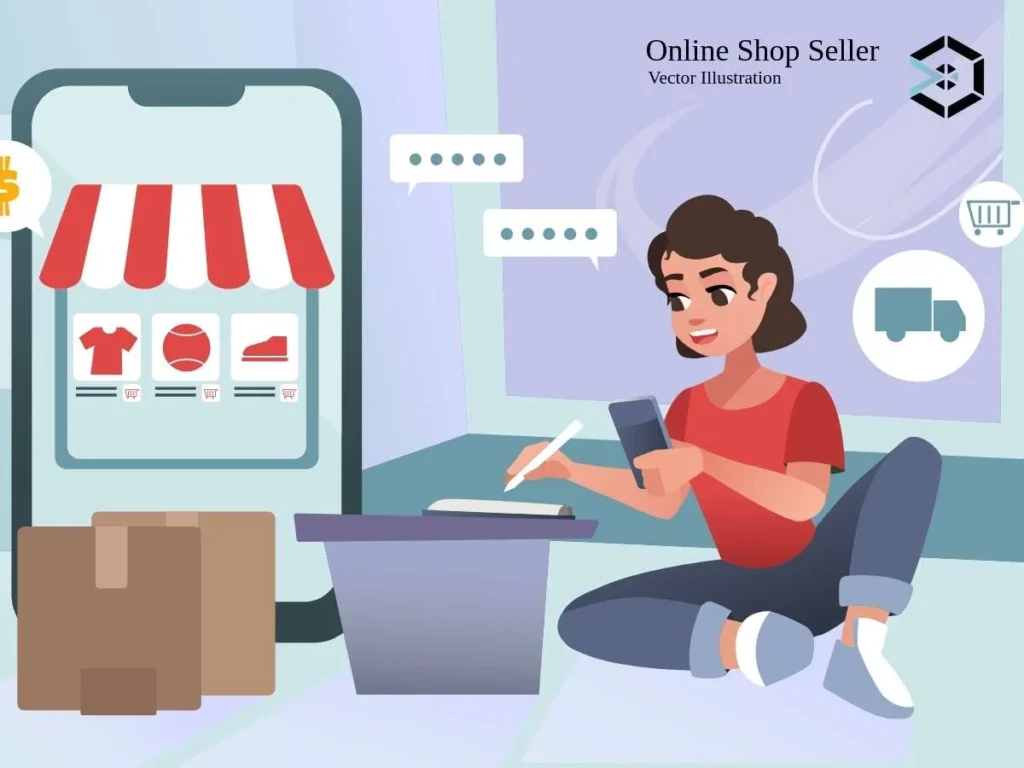
Selling through e-commerce marketplaces like Amazon, Flipkart, Etsy gives your store instant access to millions of active users, tools, technology and a huge opportunity for sales.
Advantages of Selling Through E-Marketplaces
- Access to Millions of Active Buyers
Established e-commerce marketplaces have millions of active users going through the store with the intent to buy. Hence, it increases your product’s visibility and reach. - Access to Tools, Technology and Infrastucture
With e-commerce marketplaces, you get instant access to robust tools for tracking payments, managing inventory, handling shipping, and more can help you save time and effort. - Trust and Credibility
A customer may only choose to buy through a marketplaces (especially from a new or unknown brand) because they trust the platform and they know that they are safe if there is any issue with the order.
Disadvantages of Selling Through E-Marketplaces

- High Commissions and Fees
The loads of benefits that e-commerce marketplaces give you, come at a price. There are multiple fees associated for selliing on marketplaces like Amazon and Flipkart and you need to understand them before you start selling. - High Competition
Like you there may be several other sellers selling similar products with much more reviews. It is difficult for a new business to compete especially in already established space. You will either have to compete on low price (meaning low margins) and/or unique product differentiation. - Too Many Conditions
Amazon, Flipkart, Meesho and other marketplaces have strict rules and guidelines that you must follow or they can ban you from selling on their platform. - Difficult to Build a Brand
Customer experience on a marketplace is standardised and is the same for all the sellers on that marketplace. You cannot control the layout or add much brand elements to the store.
3. Omni-Channel or Hybrid Sales Model

An omni-channel or hybrid sales model is the best way forward for small and new businesses. As a business owner you need quality and quantity to survive and take things forward.
It is not as easy as it sounds though. It is difficult to manage both channels on your own and you may end up drowning in the complexities of both channels.
We recommend that first you should build your own store, have all systems in place and get a good understanding of how things work. Once everything is smooth and running, start the process to list on one marketplace and then another and so on.
This systematic approach keeps you in control of things and keeps the energy going. Also, as you sell more, you have the confidence to add more team members and grow your company.
Is E-Commerce Business right for you?
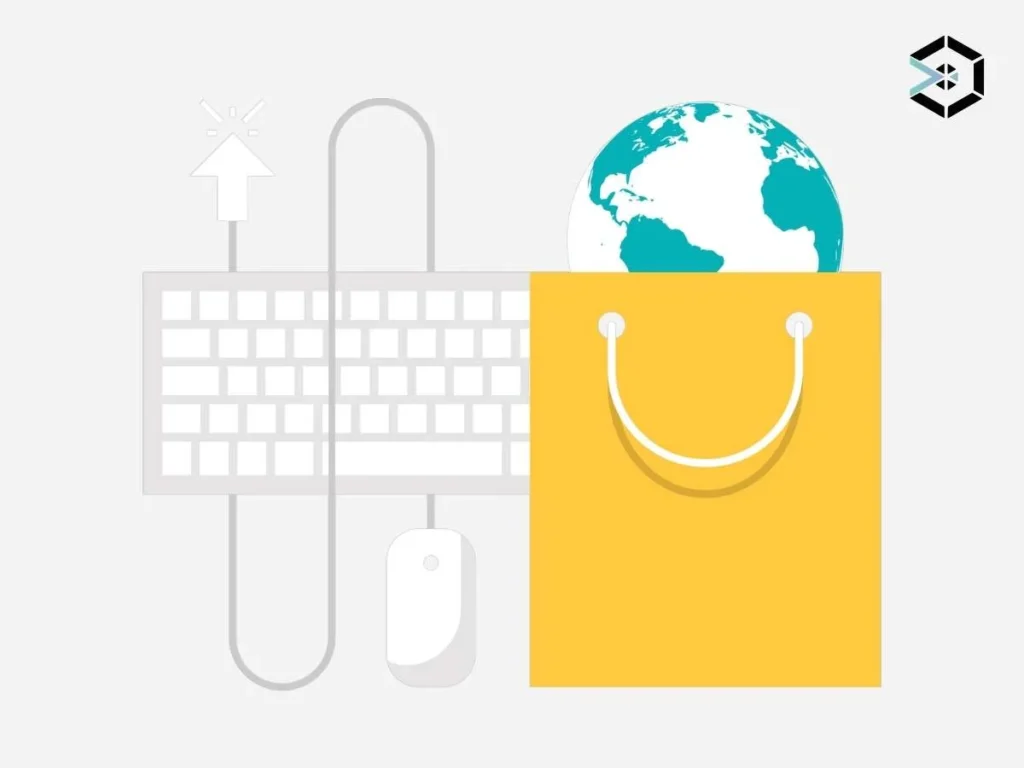
Deciding whether e-commerce is the right fit for your business depends on various factors such as your target market, product type, budget, and willingness to adapt to the digital landscape.
However, if you prefer face-to-face interaction with customers or need more resources for digital marketing and logistics, it can be a challenge.
Ultimately, success in e-commerce requires careful planning, diligent execution, and a willingness to adapt to changing market trends and consumer behaviors.
It is important to consider your strengths, resources, and business goals before diving into the world of e-commerce.
Frequently Asked Questions (FAQs)
How much does it cost to start selling on e-commerce platforms?
Starting costs vary depending on the platform and business needs but generally include platform commissions, shipping charges, website hosting fees, domain registration, and marketing expenses.
Do I need technical skills to sell on e-commerce platforms?
While basic computer skills are helpful, most e-commerce platforms offer user-friendly interfaces that require minimal technical expertise to navigate.
How can I attract customers to my online store?
Utilize digital marketing strategies such as search engine optimization (SEO), social media marketing, email campaigns, and influencer partnerships to drive traffic to your store.
What payment methods can I accept on e-commerce platforms?
Most e-commerce platforms support a variety of payment methods, including credit/debit cards, digital wallets (e.g., PayPal, Apple Pay), and bank transfers.
How do I handle returns and refunds for online purchases?
Create clear and concise return policies, provide excellent customer service, and use reputable shipping carriers to facilitate smooth returns and refund processes for your customers.


